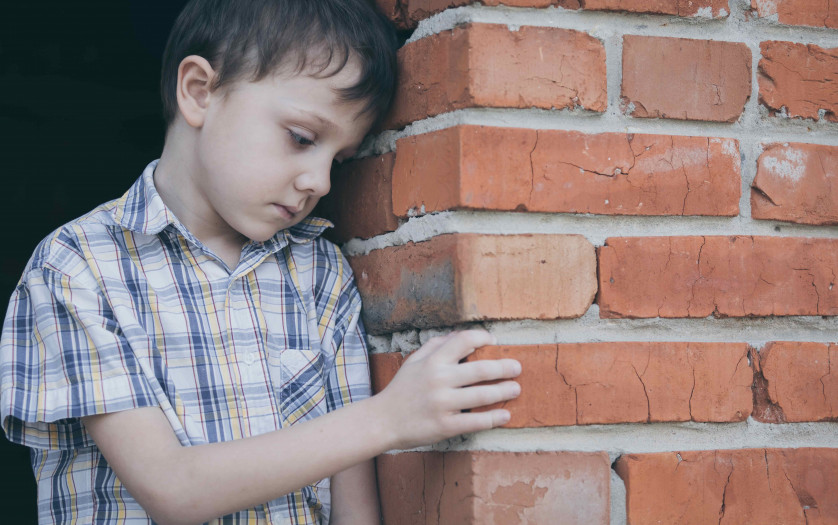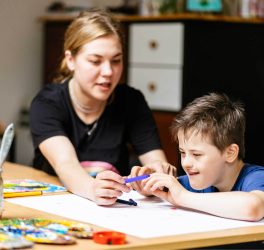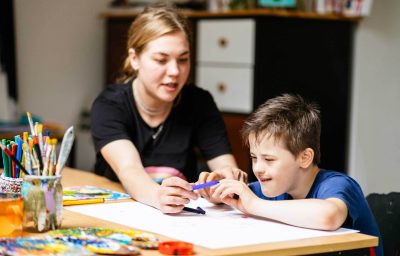
A major new study has found children with Autism are more likely to be bullied by both their siblings and their peers, meaning that when they return from school, they have no respite from victimisation.
The researchers also found that children with Autism are more likely to be both the victims and perpetrators of sibling bullying compared to those without Autism.
The study used data from The Millennium Cohort Study to investigate sibling bullying in a sample of over 8,000 children, more than 231 of which had Autism.
The children were asked questions about how often they were picked on or hurt on purpose by their siblings and peers and how often they were the perpetrators of such acts.
While there was a decrease in bullying for children in both groups by the time they reached the age of 14 years, there were still differences in the specific types of involvement. Children with Autism were still more likely to be involved in two-way sibling bullying, as a victim and a perpetrator.
Lead author of the study, Dr Umar Toseeb from the Department of Education at the University of York, said: “Children with Autism experience difficulties with social interaction and communication, which may have implications for their relationships with siblings.
“From an evolutionary perspective, siblings may be considered competitors for parental resources such as affection, attention and material goods – children with Autism might get priority access to these limited parental resources leading to conflict and bullying between siblings.”








